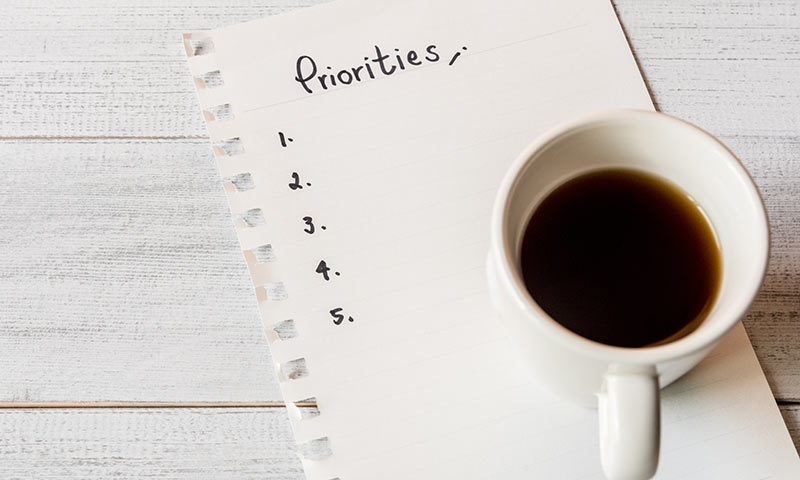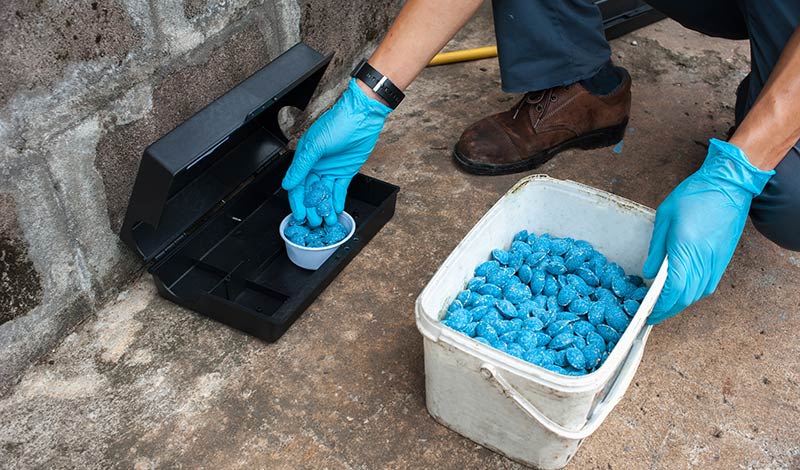Welcome to episode #28 of Ask an Ex. In this interview, Roy Starke from Ohio, US, is sharing his story of how he quit smoking after 42 years with the Cognitive Behavioral Quitting (CBQ) Program!
After many quit attempts, Roy became a happy non-smoker on the 9th of September, 2021, without withdrawals, and he’s proud to be a quitter! Not only did he quit smoking, but he also quit alcohol 34 years ago!
Tune in to watch:
- How the CBQ Program is different than the AA 12-Step Program.
- Roy’s aha moment – this made him believe he could finally succeed.
- Why Roy chose the CBQ Program over other approaches despite being skeptical of anything and everything online.
- What was the nicotine withdrawal like for him after 42 years of smoking.
- How quitting smoking impacted Roy’s life.
- How Roy handles anger after quitting smoking and alcohol.
- Roy’s wisdom and advice for those struggling to stop smoking.
Enjoy!
Chapters
00:00 – Intro
00:37 – How Roy Started Smoking
04:01 – Quitting Alcohol with AA vs Quitting Smoking with the CBQ Program
07:29 – Coping With Life As a Non-Smoker
09:07 – Roy’s AHA Moment That Led to Success
12:56 – Why It’s Important to Identify Your Smoking Triggers
14:40 – Roy’s Inspiring Mindset While Quitting Smoking
16:22 – Why Roy Chose the CBQ Program
20:01 – Experiencing No Withdrawal Symptoms After 42 Years of Smoking
24:34 – Being the Biggest Quitter
31:01 – Handling Anger After Quitting Smoking and Alcohol
33:02 – The Benefits of Quitting Smoking and Weight Gain
35:23 – Roy’s Advice for Skeptics and Those Struggling to Quit Smoking
38:42 – Conclusion
About Ask An Ex
ASK AN EX is an interview series featuring inspiring ex-smokers who succeeded with the CBQ Method™
And they tell you everything – how they did it, what helped them, what challenged them, their fears, motivations and aspirations.
Because the best person to ask about quitting smoking, is an Ex who’s been exactly where you are right now. Every EX shares their unique perspective and wisdom on quitting smoking (because everyone has a unique mix of background, mindset, and experiences).
And they do it for 1 reason: to help YOU become an EX too.















